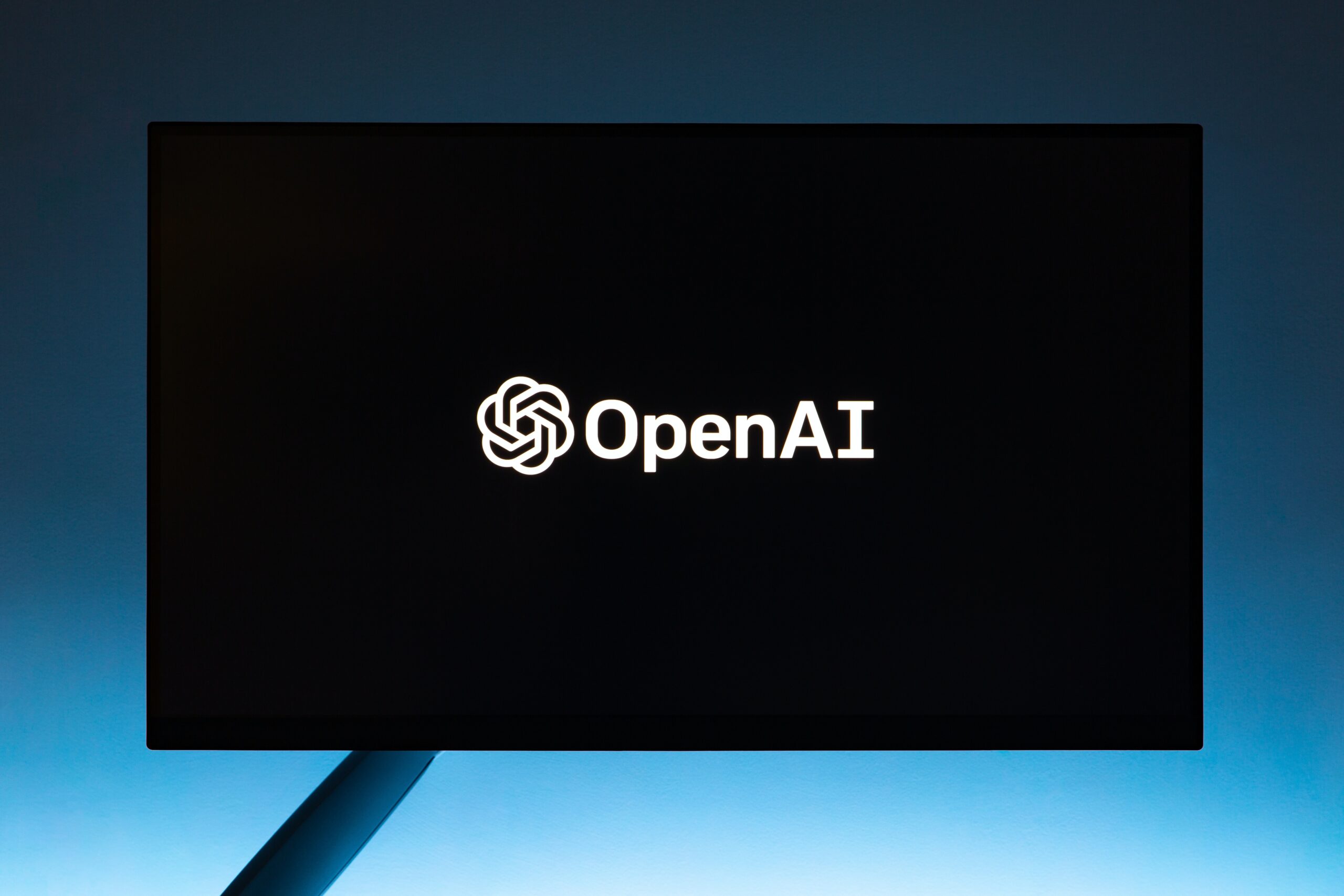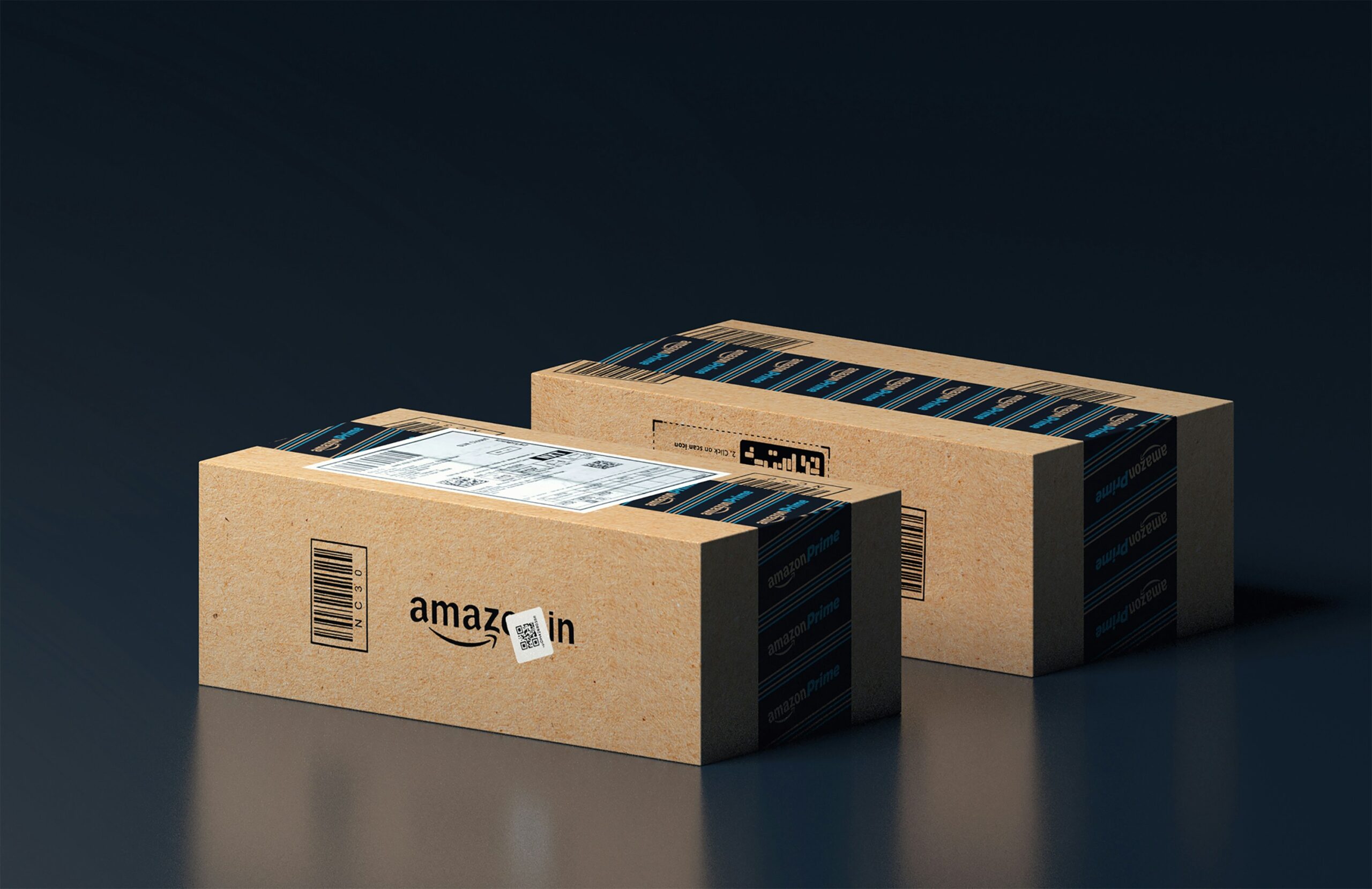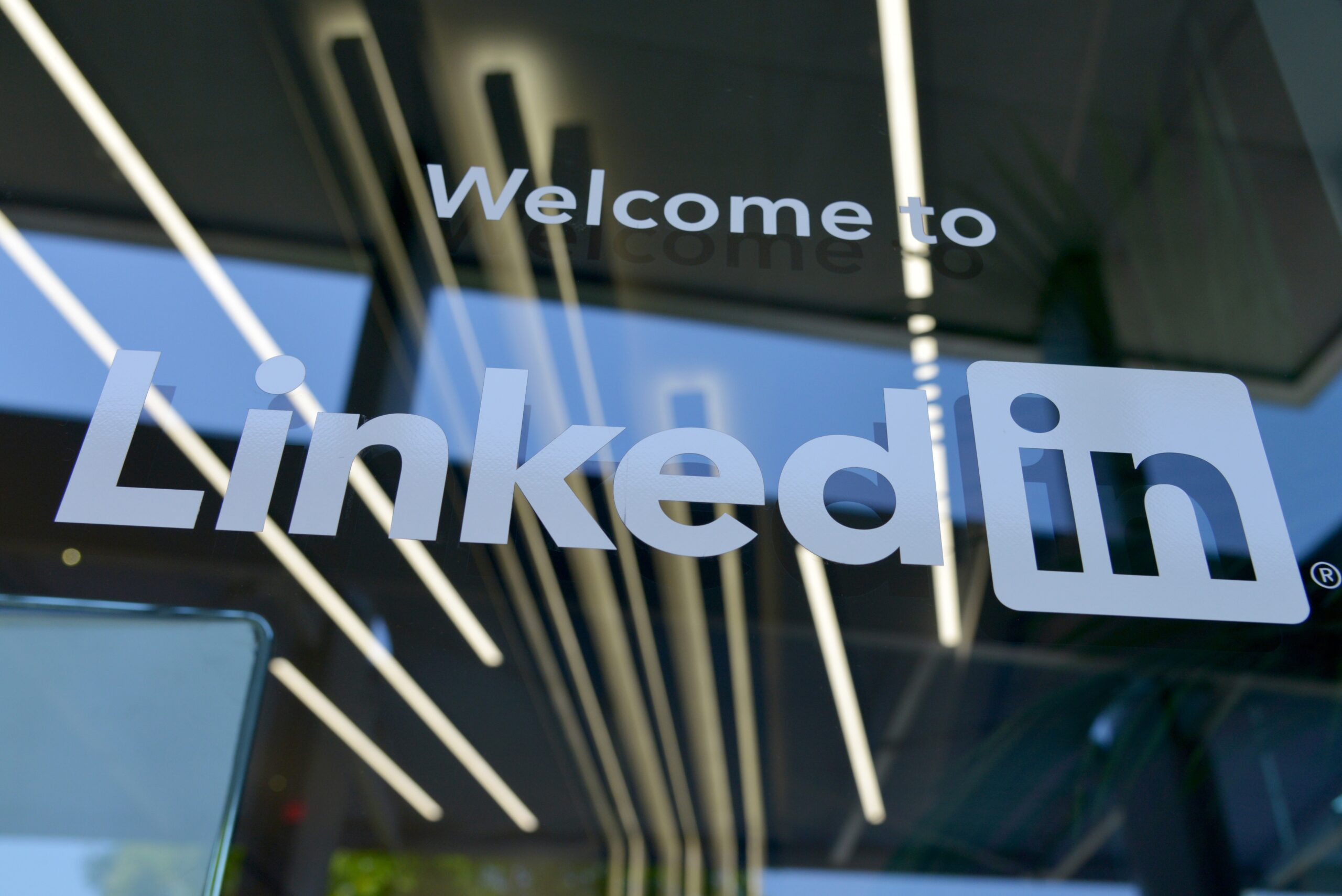In a striking turn of events, Sam Altman has been reinstated as the CEO of OpenAI, merely a week after his unexpected dismissal from the pioneering AI company he co-founded. This development follows an intense five-day period marked by rigorous discussions and negotiations.
OpenAI, recognized as the United States’ most valuable startup, has reached an agreement in principle for Altman’s return and is concurrently overhauling its board, removing several members who were under heavy scrutiny for their decision to dismiss Altman.
The reshuffled board will include notable figures like Bret Taylor, former co-CEO of Salesforce, ex-U.S. Treasury Secretary Larry Summers, and Adam D’Angelo, the founder of Quora. Taylor is slated to take the helm as the board’s chair.
Microsoft, a major stakeholder in OpenAI with an investment exceeding $11 billion and approximately 49% ownership, reacted swiftly to last week’s events by offering Altman a role to lead a new AI group. This reaction was emblematic of the significant surprise and concern Microsoft harbored regarding OpenAI’s initial decision.
Greg Brockman, former President of OpenAI, along with numerous other members, had resigned in protest against the board’s earlier decision. Brockman, who had briefly joined Microsoft, announced his return to OpenAI as well.
Altman, expressing his dedication to OpenAI, emphasized his actions were in service of maintaining the team and its mission. He acknowledged the initial move to join Microsoft but underscored his enthusiasm to return to OpenAI with the new board and continued support from Satya Nadella, Microsoft’s CEO.
Nadella, expressing both disappointment in the previous board’s decision and optimism about the new changes, highlighted the importance of this decision in establishing more stable and effective governance. He reiterated Microsoft’s commitment to working with both Altman and Brockman and their crucial roles in ensuring OpenAI’s success and growth.
OpenAI’s position in the AI industry is significant, not just in leading the current AI race but also in shaping the landscape for numerous startups building on its technologies. The company’s collaboration with Microsoft has notably amplified Microsoft’s AI capabilities, drawing considerable attention and interest in the tech world.
The previous OpenAI board, which included Ilya Sutskever, the chief scientist, and other independent directors, faced intense public scrutiny for their abrupt decision without a comprehensive explanation. This led to frustration among OpenAI investors, with some exploring legal actions against the board members.
Joshua Kushner, founder of Thrive Capital and a backer of OpenAI, voiced strong support for Altman’s return, citing the company’s potential as one of the most influential in computing history. He lauded the resilience and strength demonstrated by the OpenAI team during this tumultuous period and expressed excitement for the future with Altman and Brockman’s leadership.
Emmett Shear, the former Twitch CEO who served as OpenAI’s interim leader briefly, expressed his satisfaction with the recent developments, emphasizing that the chosen path maximized safety and fairness for all stakeholders involved.



